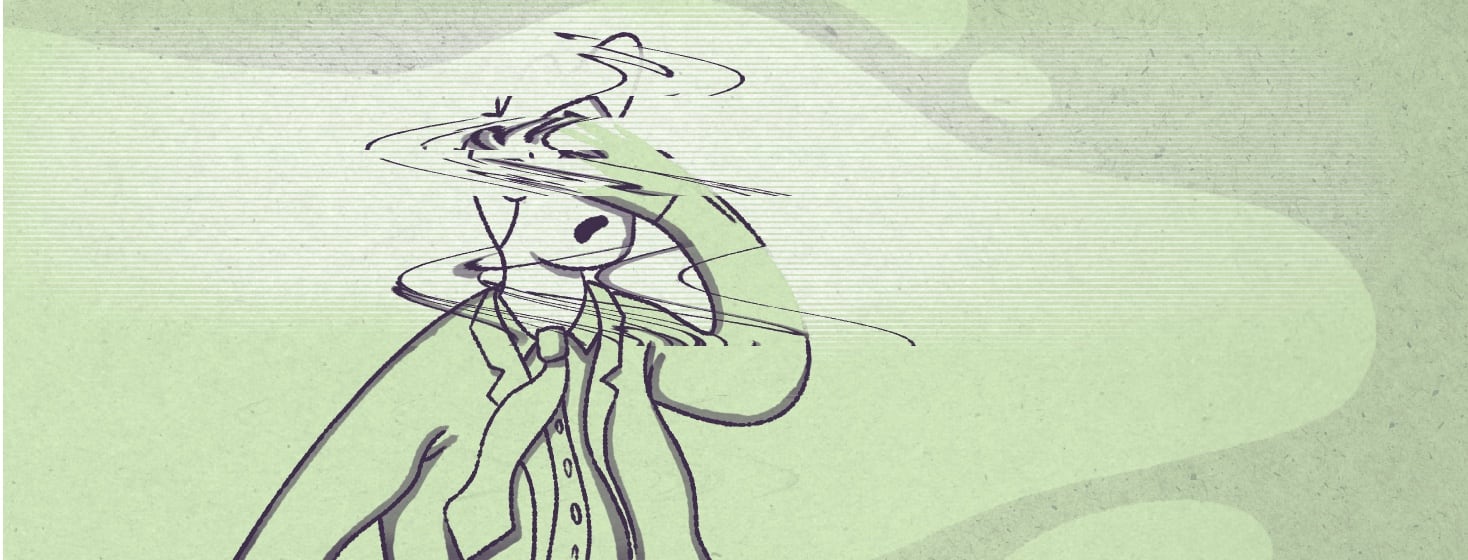RA Fog and Frustration
The past few weeks — and really since we’ve been in isolation — I have been incredibly tired. But this isn’t the usual tired: this is RA tired, complete with grogginess, fatigue that seems to have no end, and rapidly depleting energy. And, perhaps the most impactful to me, the dreaded RA fog.
Describing RA brain fog symptoms
Until recently, I never knew how to write about RA fog. I’ve experienced it for a long time but never knew how to express it. It’s a difficult concept to convey to someone who has never experienced it before because the metaphor of “fog” is a bit difficult to access.
To get an idea of what RA fog is like, you can, quite literally, imagine yourself trying to go about your day as if you were enveloped in a thick fog that obscured your vision, making it difficult to determine which way to go or which decisions to make. But in this scenario, you’d be missing a lot of the physical problems and frustrations that come with RA fog. The lack of energy, the tired, achy joints, the headaches that border on migraines.
The emotional effects of brain fog
More important than the physical effects of the RA fog are the emotional consequences. Experiencing RA fog is likely to make you feel confused because it’s something that is hard to explain and put into words.
Getting more frustrated
In addition, I have found in my experience that RA fog increases my frustration levels because it is an invisible force zapping you of your energy — you cannot see the fog that rolls in and stamps its feet in my brain. It brings up all these feelings of: is this how my life is going to be for the rest of my life? Am I always going to feel like I’m walking through a fog? What could my life have been life without RA?
There’s this intense frustration within me that wrestles between accepting that this is how it is right now and probably how it’s going to be for a long time.
Addressing my frustration
Nevertheless, I challenge myself to consistently challenge that narrative of frustration. Most of the time, I do this by understanding that even though this may be the case, I am still accomplishing something every day by surviving and continuing to live.
I do, however, feel a little resentment at using that language (“accomplishing”) because it implies that there is something to accomplish in life, that I always have to push myself to do something—as anyone with RA knows, sometimes the most productive thing we can do is nothing at all—rest.
Accessing things that I want to do
It seems like there’s been a shift in how I live my life now, and RA has forced me to realize: for me, life is not about what I can achieve, but how I can live artfully, creatively, and passionately with the life, the body, and the gifts that I’ve been given.
I’m trying to transition into a framework of accessing things that I want to do and create rather than merely accomplish. If there is one thing that RA and RA fog forces you to do, it’s to prioritize and make clear what you want out of this life—even if it’s an extra thirty minutes of sleep.

Join the conversation